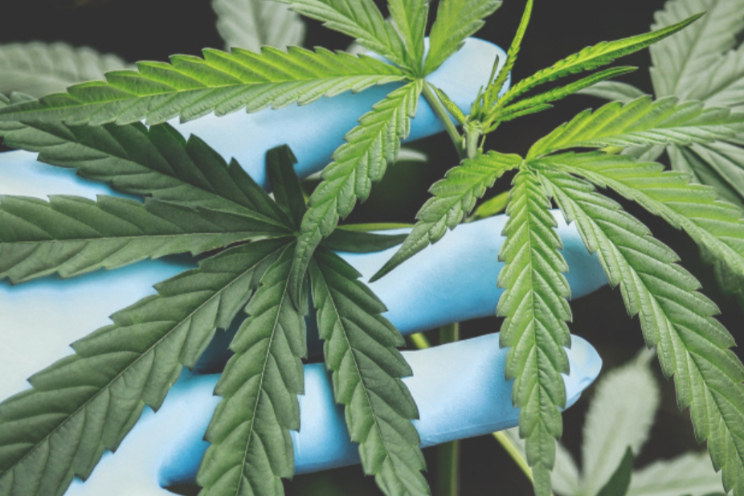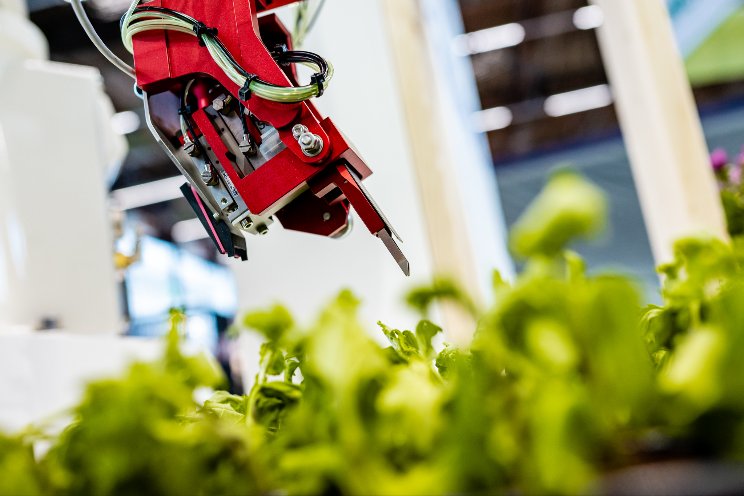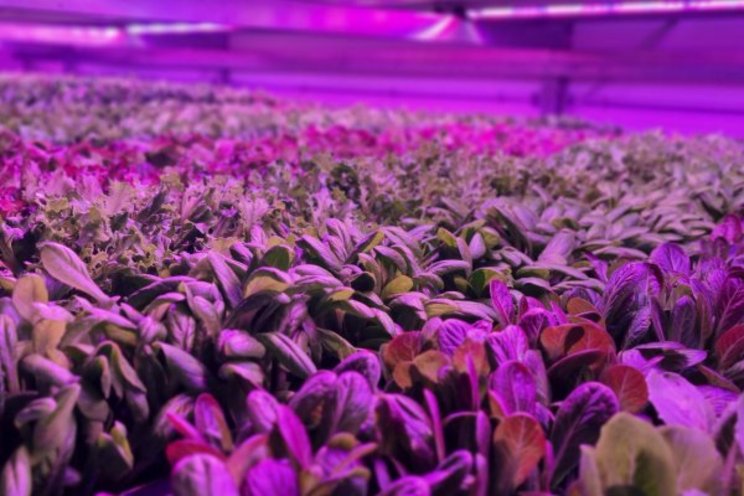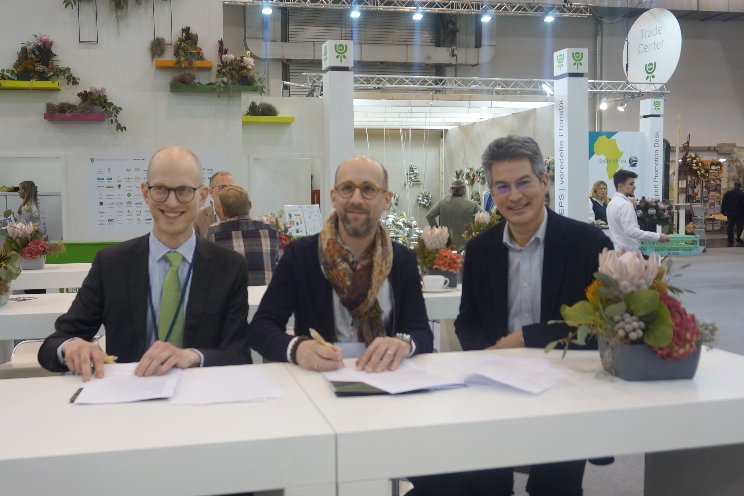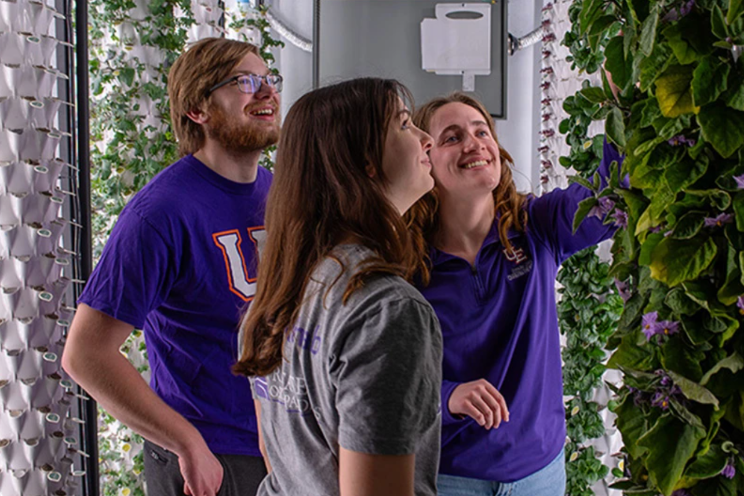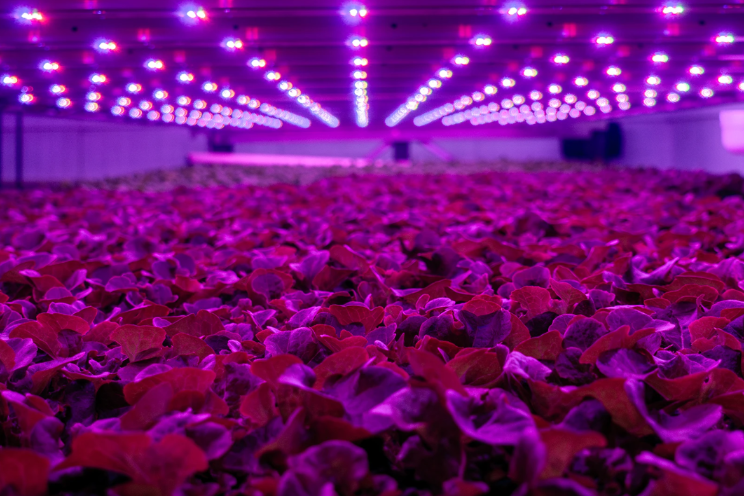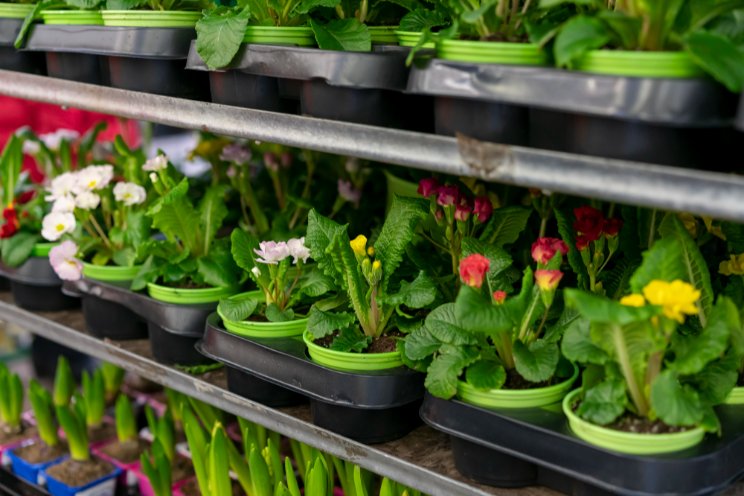Can food crops grow in the dark?
Added on 21 August 2022

Science fiction stories have imagined future people living in underground cities on Mars, in hollowed-out asteroids, and in free-floating space stations far from the sun. But if humans are ever to survive in any of those harsh and alien environments, they will need ways to grow food using limited resources—and photosynthesis, the wildly successful yet energy-inefficient process by which plants turn sunlight into sugar, might not cut it.
Now, some scientists are wondering whether it's possible to produce food more efficiently by skipping photosynthesis altogether, and growing plants in the dark.
The idea sounds as science fictional as cities on Mars. But a team of researchers has taken a first step toward realising it with a study published in Nature Food in June. The research shows it is possible to grow algae, edible yeast, and mushroom-producing fungi in the dark by nourishing them with a carbon-based compound called acetate that didn't originate from plants, but instead was manufactured using solar electricity. The scientists are hopeful that this method, a type of "artificial photosynthesis," could unlock new ways to produce food using less physical space and energy than traditional agriculture—including, perhaps, crops that can grow in the dark.
Continue reading.
Photo created by Rafay Ansari - Unsplash
Source: Agritech Future
More news
